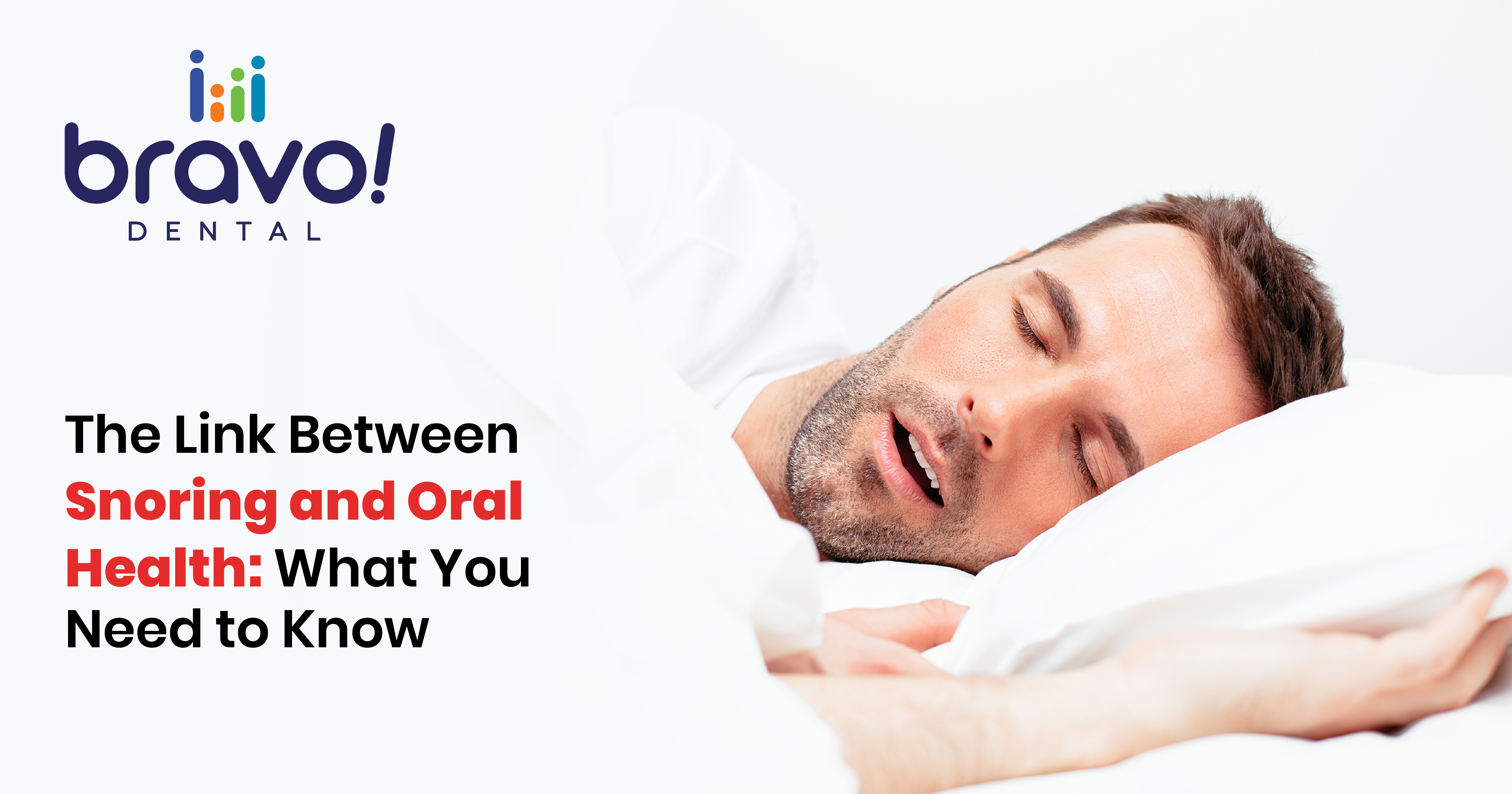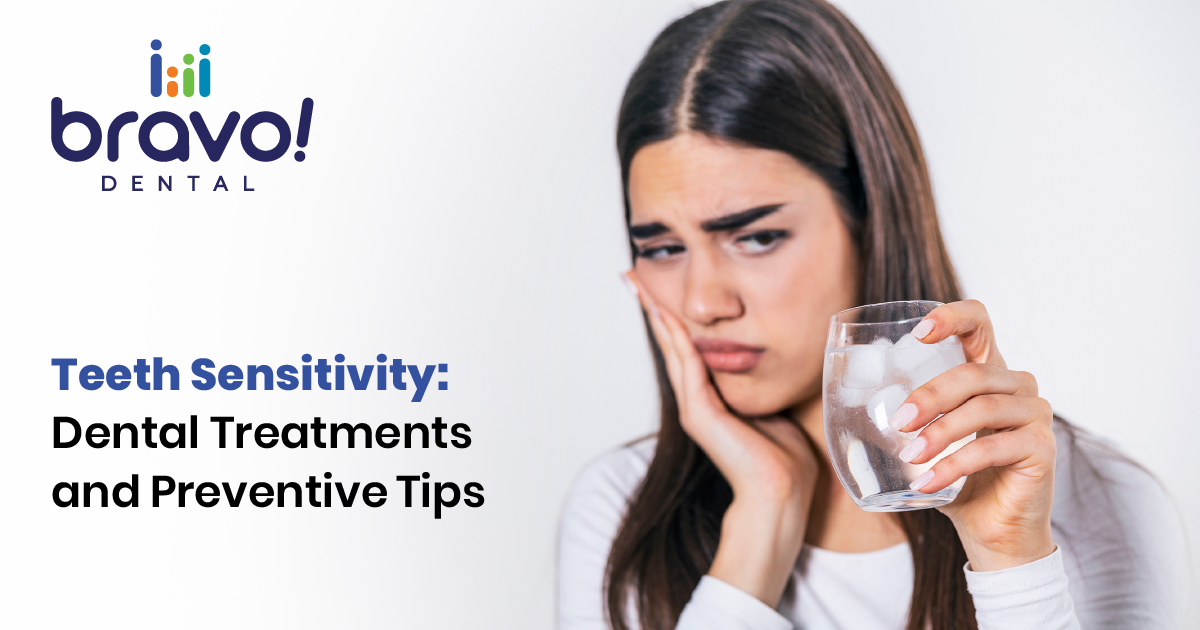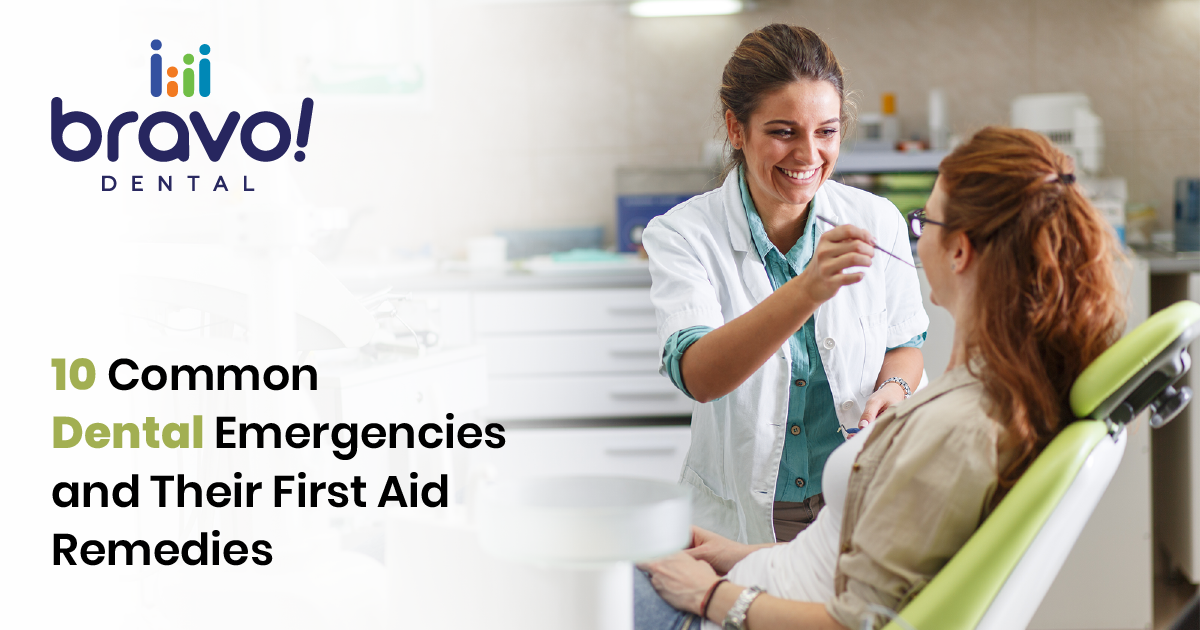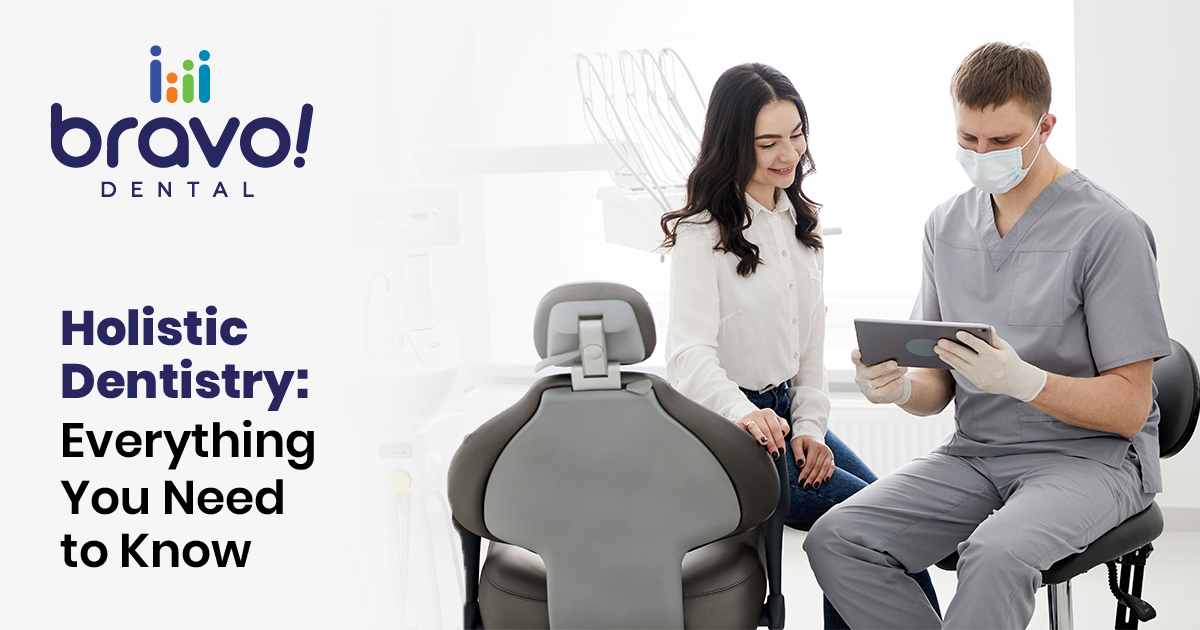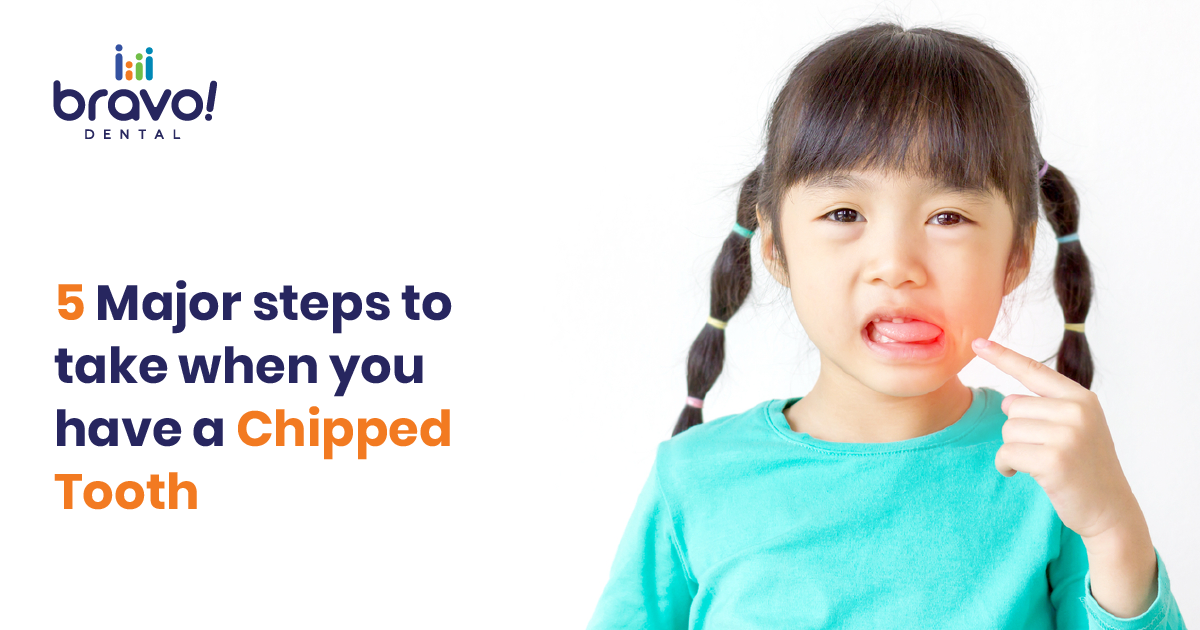
Both adults and children are prone to get their teeth chipped. Despite the fact that enamel is the body’s strongest and most mineralized tissue, chipping a tooth can happen to anyone. Dental disorders such as tooth decay or nocturnal teeth grinding (bruxism) can also cause a tooth to chip, in addition to biting on anything hard or any accident.
And if you’ve recently chipped a tooth, it’s necessary to understand the consequences.
What happens if a chipped tooth isn’t fixed?
A small crack in a tooth may not seem like a huge concern unless they are sharp, which may cut or scratch the inner surface of your mouth. However, if the chip is large enough, it can cause more serious issues
Your cheek, tongue, and gums can be injured by sharp edges causing discomfort
Deep chipping can damage the tooth’s root, resulting in infections or toothaches
Severe chips can lead to tooth damage, sensitivity to warmth and cold, swollen glands, and foul breath
Chips of all sizes can get larger and create more serious problems, necessitating root canals or extractions.
What you need to do once you see a cracked or chipped tooth
If you feel that one of your teeth is chipped or broken, seeing your dentist right away is essential regardless of whether or not you have any symptoms. It’s important to be as specific as possible when describing your symptoms so that your dentist can assess if you have an emergency and when you need immediate medical/dental attention. In addition, chipped or fractured teeth are fragile because they are left exposed, making them more prone to additional damage and infection.
Here are a few steps to be taken when you have a chipped tooth:
- Preserve the tooth (if possible). Try to save a tooth chip that has fallen out of your mouth. If a tooth has completely fallen out, locate it and gently clean it with milk or water. (Do not scrape the tooth because this damages the periodontal ligament tissue and makes it more difficult for your dentist to reattach the tooth.) Replace the tooth in its socket as carefully as possible. If that isn’t an option, keep the tooth in cold milk, saltwater, or even a small puddle of saliva until you visit your dentist.
- Take note of where the pain is coming from and how it presents itself. Does the discomfort worsen when you chew, eat sticky foods, or drink cold drinks, for example? This might help your dentist to treat you accordingly.
- Take care of the sensitive point. To help keep the area surrounding your injured tooth clean, gently rinse your mouth with warm saltwater. If the region around the injured tooth is bleeding, apply mild pressure with sterile gauze to stop the flow. Avoid chewing on the side of your mouth with the injured tooth, and avoid eating anything hard or sticky. If you’re in pain, two approaches can help: Take an over-the-counter pain killer or apply a cold compress to the face or lips above the injured tooth.
- If your chipped tooth feels like a sharp edge due to the chip or crack, consider covering the point with paraffin wax, dental cement, or sugarless chewing gum to protect the rest of your mouth.
- Once done with the basics, visit your dentist at once, who will identify the best course of action for you. Some cracks are modest enough to be cosmetic, while others may necessitate treatments such as a filling, root canal, veneers, or in extreme cases, tooth extraction.
bIf you have a chipped or injured tooth, visit us at Bravo Dental and get it treated immediately to prevent further damage. Show your complete smile with confidence!
happy to hear from you, contact us
Fill out the contact form below and Feel free to send any question or query.
